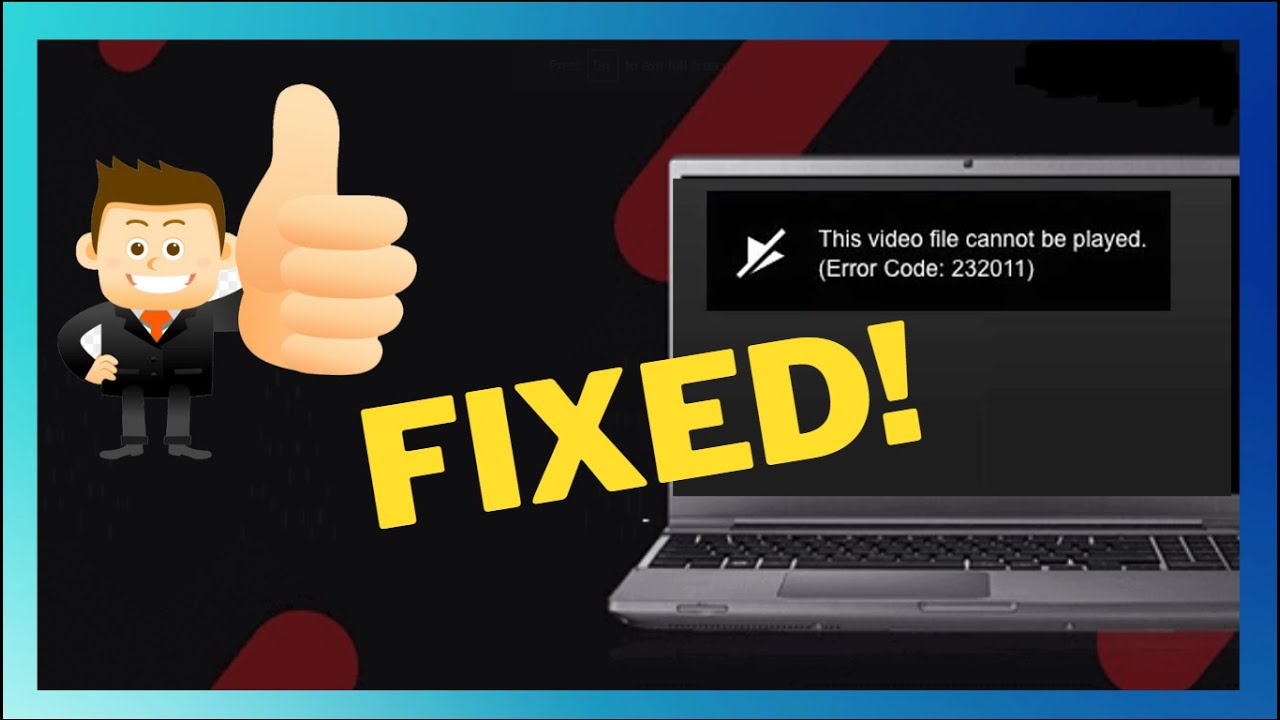Introduction
In the age of the internet, essay writing has become a common requirement in many fields. Whether you need to write an admissions essay for college, a personal statement for a job application, or just want to improve your writing skills, these tips will help.
What is an Essay?
An essay is a piece of writing that typically expresses a personal view on a particular topic. The composition can be formal or informal, and it can be written in any style.
Essays can be autobiographical, descriptive, critical, analytical, or persuasive. They are often used to analyze or discuss literature, philosophy, history, or other subjects.
There are several different types of essays: argumentative essay, descriptive essay, critical essay, expository essay, memoir essay, narrative essay, persuasive essay, and research paper.
Most common mistakes students make when writing an essay:
-Not taking the time to plan and outline the article; this will result in sloppy and unorganized writing.
-Not following proper grammar and structure; this will make your argument difficult to understand and may lead to rejection from professors or editors.
-Failing to invest time in polishing the content; this will result in a low quality article that will not be accepted by publishers or professors.
Overview of the Different Parts of an Essay
When it comes to writing essays, each part plays an important role in the final product. This blog section will discuss the different parts of an essay, and how to produce a high-quality essay.
The Introduction
An introduction is one of the most important parts of an essay. It should introduce the topic and provide a brief overview of what the essay is about. It should be clear, concise, and to the point. The introduction should also set the tone for the rest of the essay.
The Body
The body of an essay is where you detail your argument. In this section, you should focus on providing evidence to support your points. You should also use effective language to make your points clear to readers.
The Conclusion
A conclusion is just as important as an introduction and body of an essay. It should provide a summary of your argument and provide a solution to the problem that was discussed in the essay. Once again, make sure your conclusions are clear and concise.
How to Make an Argument in an Essay
When you write an essay, it is important to be able to make an argument. This means that you need to be able to provide evidence and support for your points. In this article, we will provide tips on how to make an argument in an essay.
1. Start with a hypothesis
The first step in making an argument is to come up with a hypothesis. This is simply a suggested idea that you want to test. For example, if you are writing about the benefits of exercise, your hypothesis might be that regular exercise will help reduce the risk of heart disease.
2. Use evidence to support your hypothesis
Once you have your hypothesis, the next step is to use evidence to support it. This evidence can come from personal experience, statistics, or other sources. Be sure to cite any sources you use so that readers can verify the information yourself.
3. Make a case for your position
After you have provided evidence and supported your position, it’s now time to make a case for your position. This means reasoning why people should believe what you are saying and what the consequences would be if they did not believe you. Be sure to use examples and analogies where appropriate to help make your point clearly
How to Write a Good Conclusion
A good way to end an essay is with a powerful and persuasive conclusion. Follow these tips to write a powerful conclusion that will leave your readers wanting more:
1. Summarize the main points of your essay in a few sentences.
2. Confirm your argument by providing evidence from your text.
3. Use strong language and images to illustrate your point.
4. Close with a persuasive sentence or phrase that will convince your readers to take action based on what you’ve written.
Tips for Editing and Proofreading Your Essays
When you’re finished writing your essay, it’s important to proofread it for mistakes. Here are a few tips for editing and proofreading your essays:
1. Scan your essay for missed words or incorrect grammar.
2. Check for spelling mistakes and typos.
3. Check for awkward phrasing and awkward transitions between paragraphs.
4. Review your essay for logical structure and factual accuracy.
5. Check for consistency in tone and argumentation throughout the essay.
6. Check for concision – make sure each point is stated clearly and concisely.
7. Check for clarity – make sure ideas are conveyed in a easy-to-understand manner.









Leave a Reply